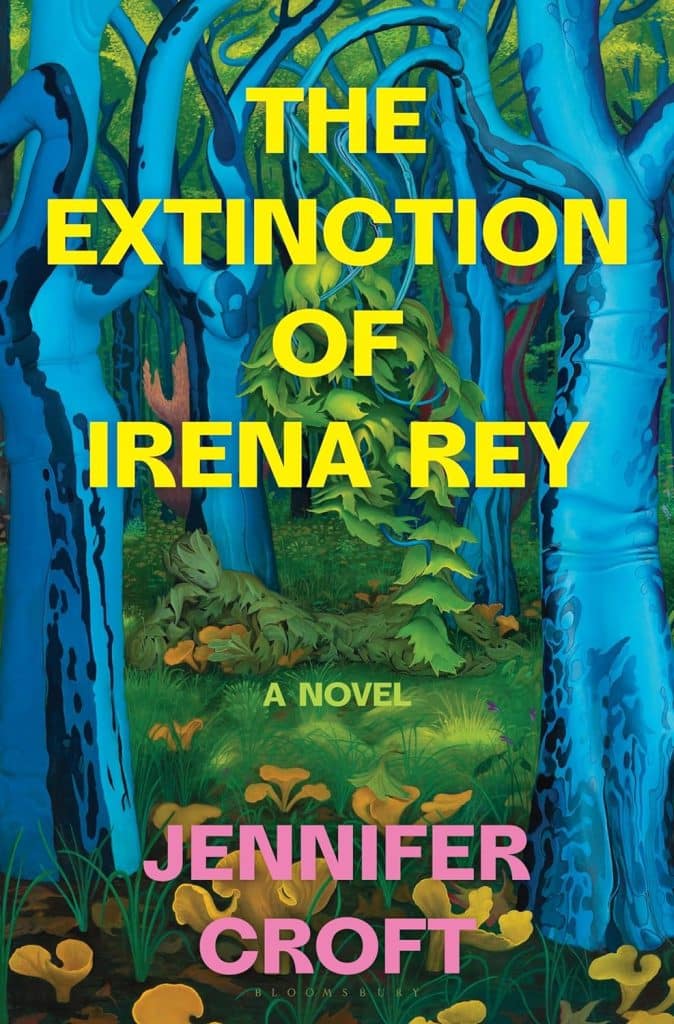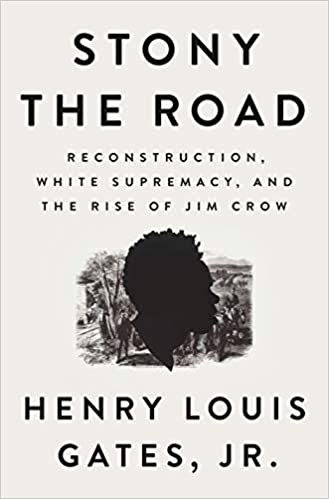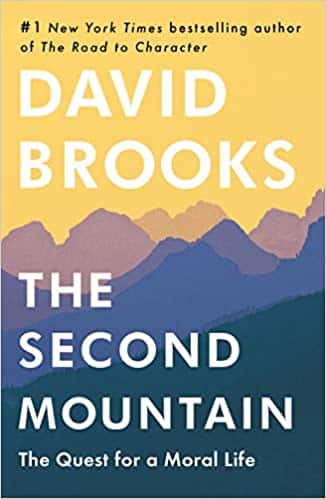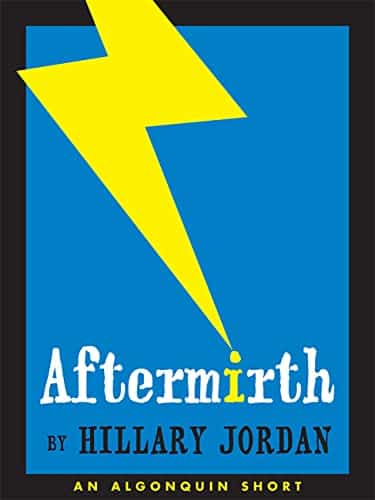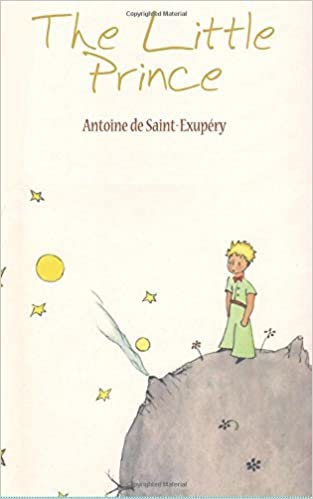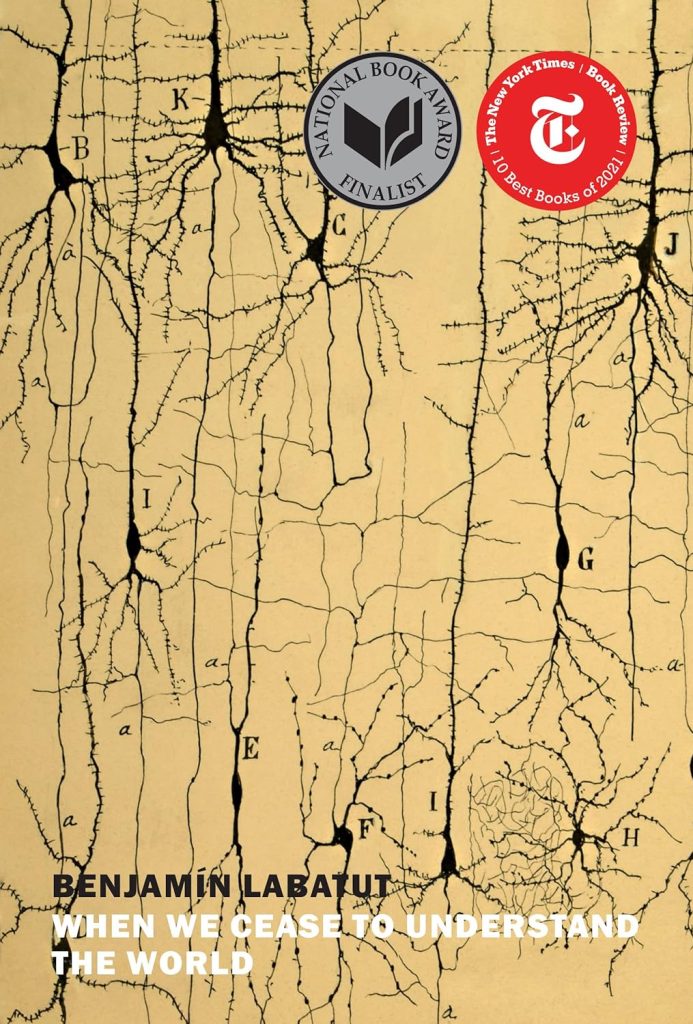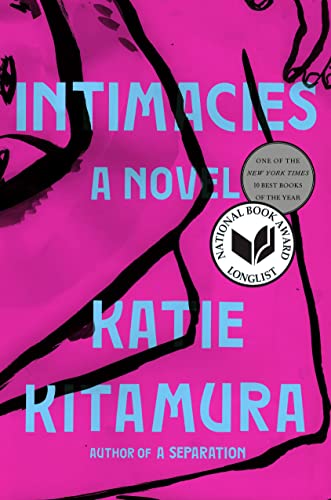
Intimacies: A Novel
Estimated reading time: 1 minute, 42 secondsIntimacies: A Novel by Katie Kitamura is about an interpreter who has come to The Hague to escape New York and work at the International Court. A woman of many languages and identities is finally looking for a place to call home.
Intimacies: A Novel is the second book by Ms. Kitamura that I have read this year. The multiple intimacies of the novel overlap and at times seem confusing, but in the end, it makes sense even if it is unclear how or where she will live the next phase of her life. A Separation is also written hypnotic, making it difficult to stop reading.
I not only highly recommend Intimacies: A Novel but have become a fan of Katie Kitamura and look forward to reading more of her books.
Goodreads summary provides a good overview.
She’s drawn into simmering personal dramas: her lover, Adriaan, is separated from his wife but still entangled in his marriage. Her friend Jana witnesses a seemingly random act of violence, a crime the interpreter becomes increasingly obsessed with as she befriends the victim’s sister. And she’s pulled into explosive political fires: her work interpreting for a former president accused of war crimes becomes precarious as their relationship is unbound by shifting language and meaning.
This woman is the voice in the ear of many, but what command does that give her, and how vulnerable does that leave her? Her coolly impassioned views on power, love, and violence, are tested, both in her personal intimacies and in her role at the Court. She is soon pushed to the precipice, where betrayal and heartbreak threaten to overwhelm her; it is her drive towards truth, and love, that throws into stark relief what she wants from her life.
When you buy a book or product using a link on this page, I receive a commission. Thank you for supporting Sharing Jan’s Love blog.


